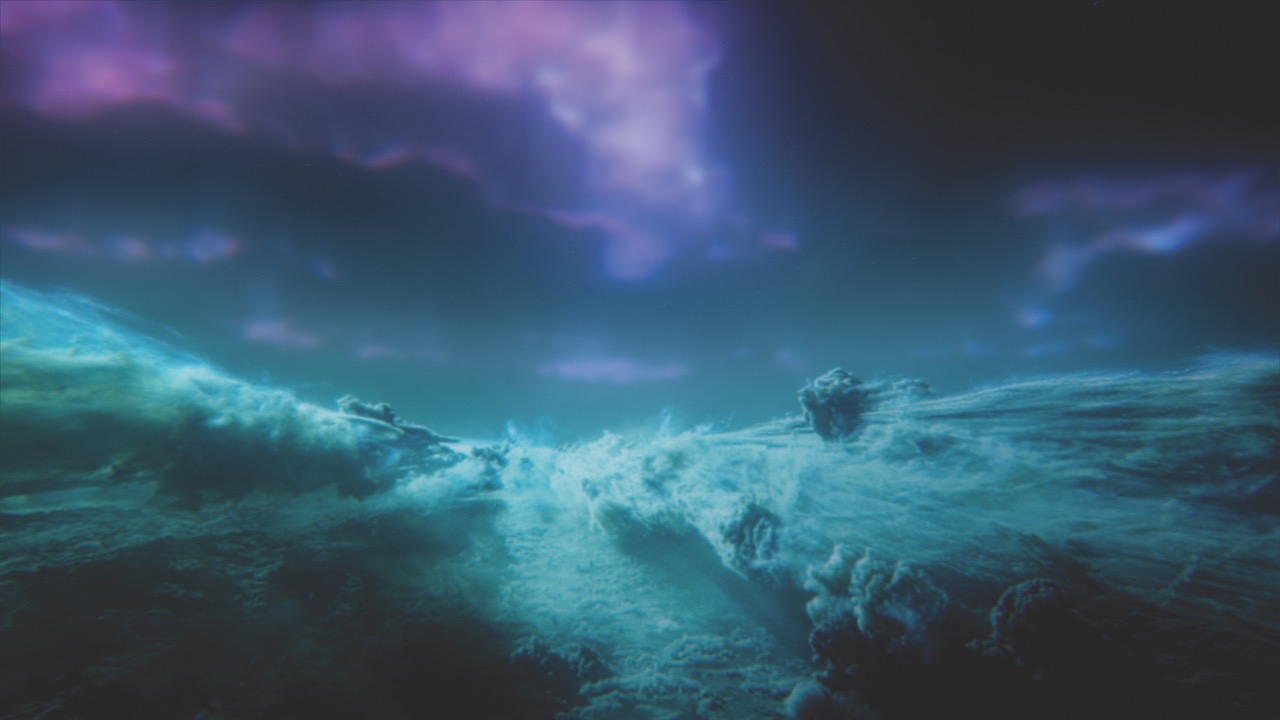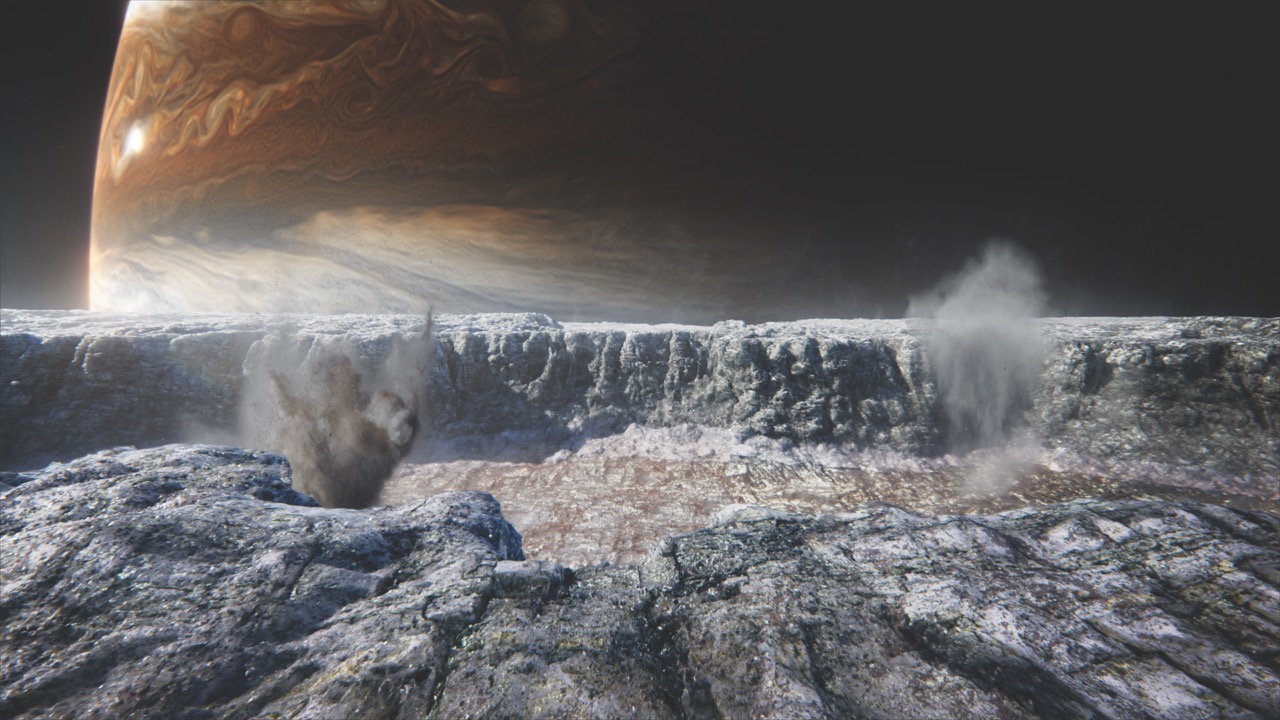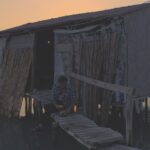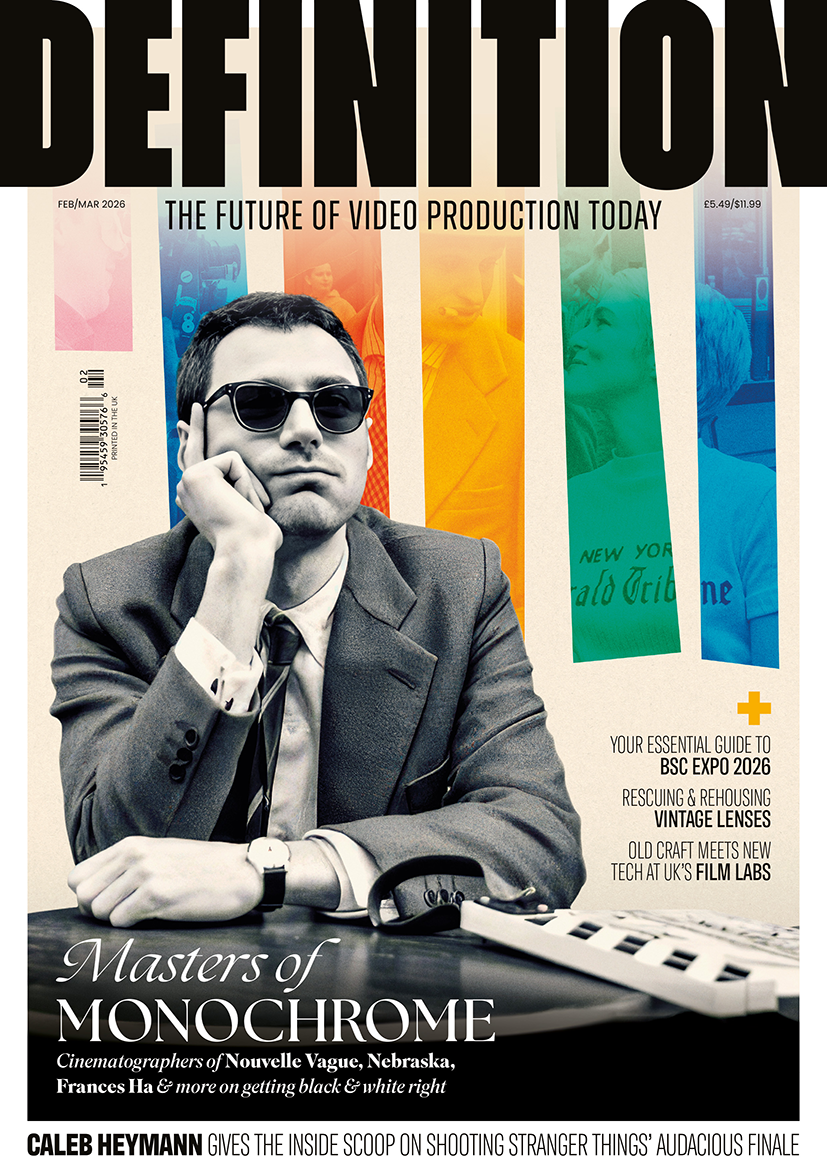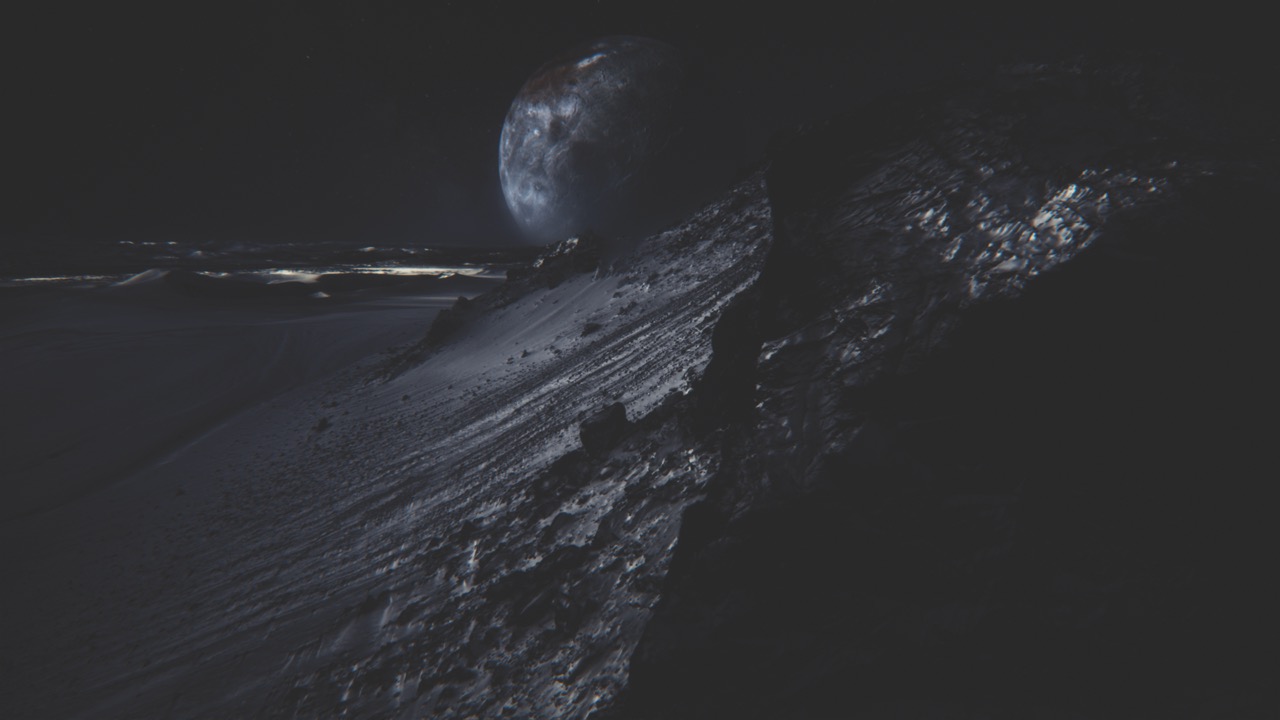
Lux Aeterna: Out of this world
Posted on Feb 17, 2025 by Admin
We discover how Lux Aeterna delivered stellar visuals for BBC Studios’ Solar System
Advertisement feature
The BBC Studios Science Unit is never shy about producing cosmic spectacles, and with Solar System, the team – alongside long-time partner Lux Aeterna – elevated the visual narrative to an otherworldly level (pun intended).
Available to watch on BBC iPlayer, this limited five-part series was produced in collaboration with US broadcaster PBS, with the British version narrated by professor Brian Cox.
Known for its VFX work on Netflix’s Our Universe, Secrets of the Neanderthals and 8 Days: To the Moon and Back, Lux Aeterna drew on its cosmological expertise to deliver the brief set by BBC executive producer Gideon Bradshaw. When approached to collaborate on the series, Lux Aeterna’s creative director Rob Hifle immediately drew on his team of experts across storyboarding, CG, compositing and motion graphics to conceptualise the task at hand.
“Our creative lead Mike Sadd brought a huge wealth of experience to Solar System – not just through his understanding of the subject but also through his storyboard and animatic skills,” explains Hifle. Sadd’s contributions allowed the team to break down the full VFX requirements and determine how best to allocate the budget to make the show as cinematic as possible.
“Artistically, this saved a lot of time. Sadd’s detailed knowledge of the planets enabled him to dictate the look more accurately. It meant that the CG and FX teams had a cinematic foundation to then deliver immersive high-end filmic visuals,” Hifle continues.
The series directive for Solar System was to create an immersive and visceral cinematic wonder from a low-orbit and on-planet perspective. Lux Aeterna delivered over 400 shots that visualised epic vistas, including scenes inside Jupiter’s electric storm clouds, Europa’s crumbling ice canyons, superionic ice on Uranus, enormous dust storms covering Mars, seas and lakes of liquid methane on Titan and the caverns of Miranda, as the audience follows a rock into Uranus.
“Some of the planet’s surfaces have never been explored, so part of the challenge was unpacking the latest data before delivering high-end photorealistic environments,” says Hifle. “To achieve this level of fidelity, it was imperative for our team of supervisors – Clive Llewellyn, Timmy Willmott and Tav Flett – to work closely and create an efficient pipeline.”
Creating realistic on-planet visuals was critical to the series’ visual narrative. Collisions, dust storms and atmospheric effects were produced using a variety of techniques. FX artist Clive Llewellyn used procedural processes within Houdini to simulate large swirling clouds of sand and debris for the dust storms.
Many terabytes of data were used to create these shots, making meticulous planning crucial. Close collaboration with production teams and clients allowed Lux Aeterna to schedule these mammoth simulations around other deliveries. These included collision geometry, fluid simulations and physical representations of input terrain.
“Once we created the collision sources, we reprojected the plate over the new geometry collision source. This enabled us to run very high-resolution fluid and white water simulations with plausible physics,” Llewellyn adds. “This approach also allowed the colours and details from the original plate to bleed into the transmission and reflectivity of the CG water, embedding the water into the shot and enhancing photorealism.”
These techniques gave the series an authentic feel, making the interactions between natural phenomena and the environment believable.
Reflecting on the challenges of producing a series like Solar System, BBC executive producer Gideon Bradshaw highlights the demands of managing a global production.
“Series like this come with extremely high expectations – they need to look and sound fantastic, as well as work for a global audience. Lux Aeterna is brilliant at helping production ensure that the most ends up on screen.”
Lux Aeterna is a multi-BAFTA and Emmy-winning independent VFX studio, bringing more than 25 years of experience to the table. Comprising a team of talented VFX artists and passionate storytellers, the studio delivers a world-class VFX pipeline. Find out more at lavfx.com/solarsystem
This article appears in the February 2025 issue of Definition


